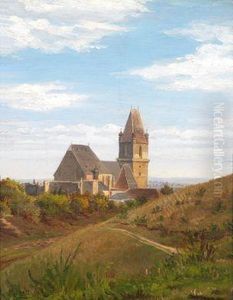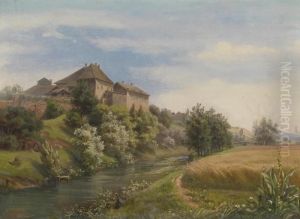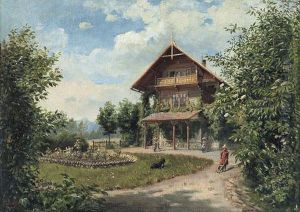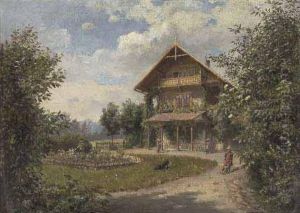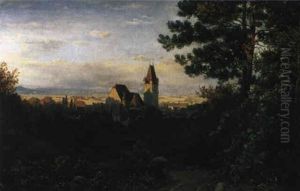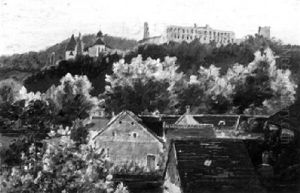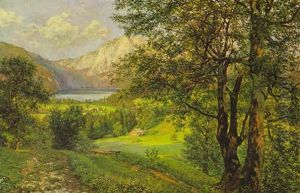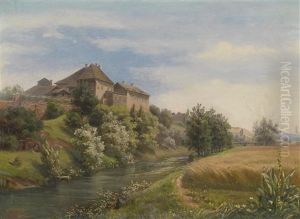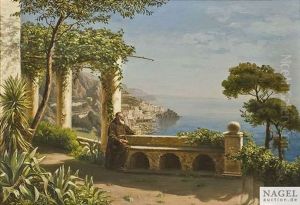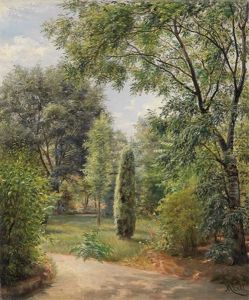Marie Ertl Paintings
Marie Ertl, born in 1860, was an Austrian artist who made significant contributions to the art world during her lifetime, which spanned the late 19th and early 20th centuries. Her life and work are less documented in mainstream art history, making her one of the many talented artists whose recognition has been limited outside specialist circles. Despite this, Ertl's contributions to art, particularly in painting and illustration, demonstrate her skill and the unique perspective she brought to the European art scene of her time.
Ertl's artistic journey began in an era when women were starting to gain more recognition in the arts, though they still faced considerable challenges in achieving the same level of acknowledgment and success as their male counterparts. She navigated these challenges with determination, developing a style that was both reflective of the broader movements of her time and distinctly her own. Her work often explored themes of nature and domestic life, subjects that were accessible and resonant with a wide audience, yet she imbued them with a depth and sensitivity that spoke to the complexities underlying these seemingly simple scenes.
Throughout her career, Ertl exhibited her work in various venues, contributing to the vibrant art scene in Austria and beyond. Her paintings and illustrations were characterized by their delicate detail, vivid colors, and the emotional depth they conveyed. Despite the constraints imposed by the societal norms of her time, Ertl managed to carve out a space for herself in the art world, though the full extent of her impact and the breadth of her work remain underrecognized in the broader historical narrative.
Marie Ertl's death in 1935 marked the end of a life dedicated to art, yet her legacy, like that of many women artists of her era, has been subject to a slow process of rediscovery and appreciation. Her contributions now stand as a testament to the richness and diversity of artistic expression during a period of significant change and development in European art. Ertl's body of work continues to inspire those who encounter it, serving as a reminder of the importance of recognizing and celebrating the achievements of all artists, regardless of gender.

